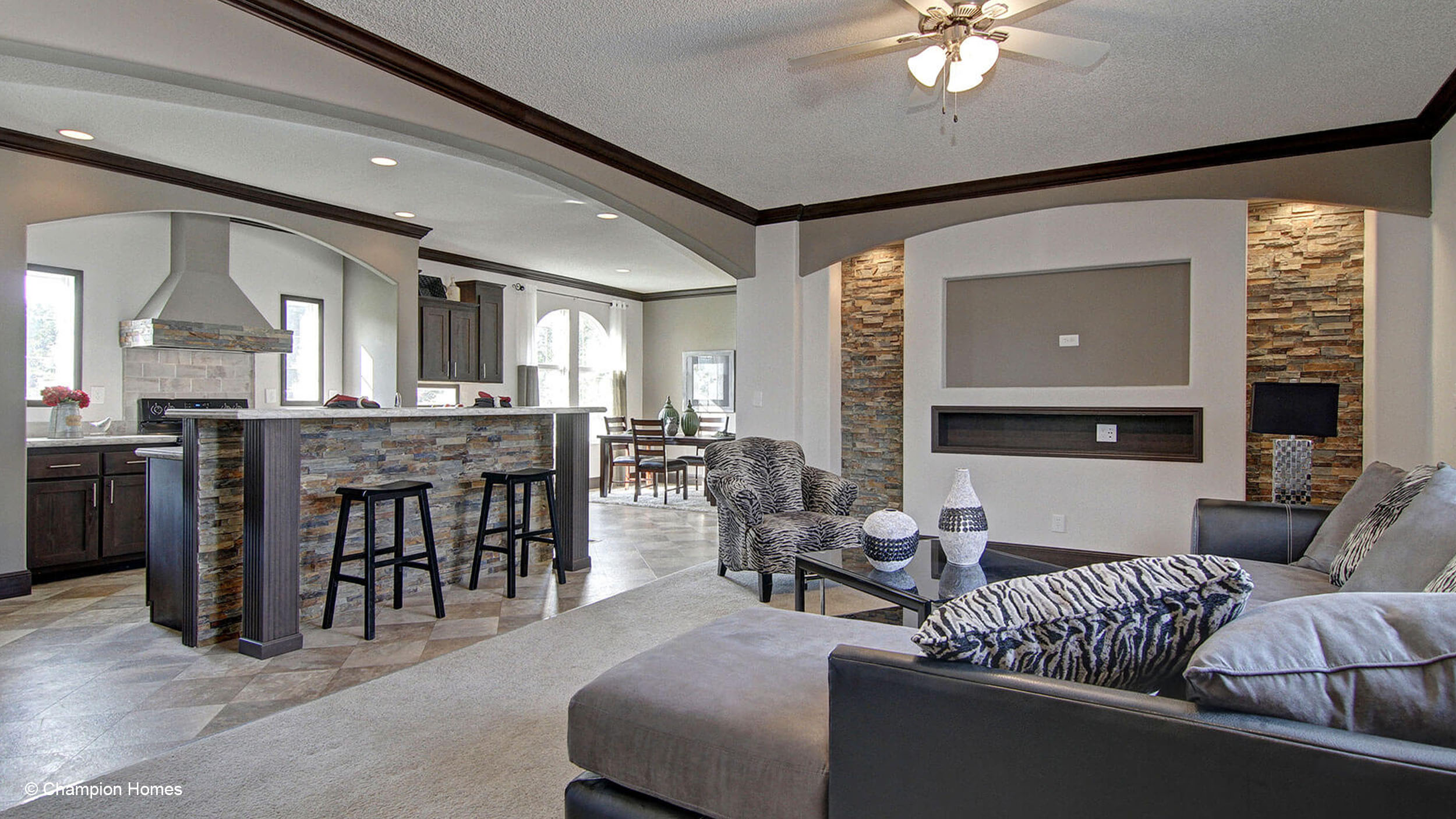
Why Are Mobile Homes Cheaper Than Traditional Home Construction?
In today’s housing market, affordability stands as a significant concern for many prospective homeowners. With escalating real estate prices, finding budget-friendly options is crucial. One viable solution that has garnered attention is the mobile home. But why are mobile homes generally cheaper than traditional homes?
The primary factor contributing to the cost-effectiveness of mobile homes is the manufacturing process. Mobile homes, reflecting the modular and manufactured home concept, are built in a factory setting. Unlike traditional homes, which are constructed on site and susceptible to delays and weather conditions, mobile homes are assembled in a controlled environment. This efficiency ensures minimal waste, reduces labor costs significantly, and speeds up the building process.
Material costs form another aspect. The building materials for mobile homes are often purchased in bulk, allowing manufacturers to take advantage of economies of scale. These savings are then passed on to the buyer, making mobile homes more economical. Furthermore, the designs are typically standardized, which means little need for custom parts. Standardization aids in reducing costs without sacrificing quality.
Labor is a substantial expense in any construction project. In the case of mobile homes, the factory-based production line streamlines labor requirements. Unlike traditional home construction that requires various skilled labor on-site, a more automated system handles much of the work in mobile home manufacturing. This decreases the cost of labor and expedites the completion time, ultimately benefiting the consumer with reduced pricing.
Land costs are another significant consideration. Traditional homes require plots of land, often in residential areas where prices can be high. Conversely, mobile homes are frequently placed in parks or communities where land lease arrangements are available. This setup allows homeowners to avoid hefty land purchase costs. In many cases, buyers can also find mobile homes already situated on site, further simplifying the process and saving money.
Moreover, governmental regulations and codes for mobile home construction differ from those of site-built homes. These regulations, while ensuring safety and quality, are typically less stringent, allowing for further cost reduction. These variances enable manufacturers to innovate and maintain more affordable price points without compromise in quality or safety.
Downsizing is another factor. Mobile homes are generally smaller than conventional houses, which translates into reduced costs for materials, construction, and energy consumption. Smaller spaces require less heating, cooling, and maintenance, providing long-term savings. This efficient use of space caters to a growing trend where individuals prioritize simplicity, mobility, and minimalism over large, traditional living spaces.
In terms of financing, mobile homes often offer more lenient financing options. Lenders recognize the lower costs and risks associated with mobile homes, leading to flexible loan terms. This aspect alone can be a significant incentive for potential buyers, making homeownership more attainable for many.
Despite their affordability, mobile homes offer a range of features and amenities that can rival traditional homes. Many designs now include modern layouts and high-quality finishes, appealing to diverse tastes and preferences. This evolution has bridged the gap between traditional homes and mobile homes, all while maintaining a significantly lower price tag.
Opting for a mobile home presents an opportunity to achieve homeownership without the burden of substantial debt. For those ready to explore this option further, engaging with reputable dealers like HomeBound Homes can provide vital insights and guidance. Explore the possibilities today, secure in the knowledge that affordable homeownership is possible without sacrificing quality or comfort.
